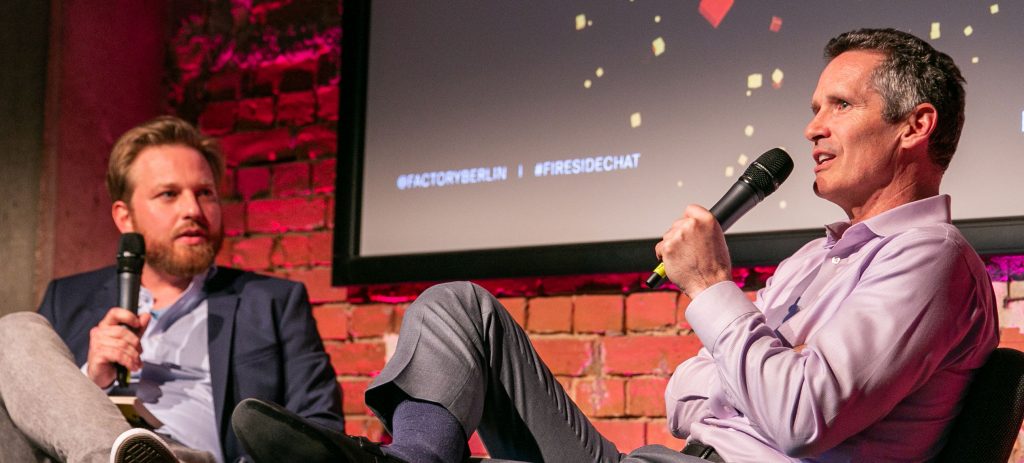Sep 29, 2018
Moderated Sessions Are Better Than Keynote Déjà Vu
You take a seat in the audience. The lights go down. The speaker bounds out on stage to a burst of applause. The presentation is smooth, polished, funny — but something is off. You’re not laughing, and the material feels stale. This is a big name, a New York Times bestselling author. Yet, somehow, you’re not feeling it.
Then it hits you. You’ve seen this exact presentation before on YouTube. The only difference between this keynote and the speech the presenter gave at the last conference you attended is the company name and logo on the PowerPoint deck. If you feel had, imagine how the rest of the audience feels. Wonder what those “smile sheets” will reveal in the post-session surveys?
Don’t panic. There’s a cure for keynote déjà vu: moderated sessions.
This format is also great for showcasing big-name celebrities. While your typical celebrity gives a great performance on film — after 14 takes, great lighting and a bunch of editing — they usually don’t knock it out of the park with a keynote. Part of it is their performance, and part of it is your expectations of perfection. BUT…imagine, if you will, a magic potion that makes it all better.
A.K.A. the fireside chat
I have to admit that when I first started in the speaker industry, I wasn’t a big fan of the moderated session. I thought, why do you want to sit in on someone else’s conversation when you can see a speaker bang out the three points you need to know to “shift paradigms for a pivotal game changer”? (Gag!).
But after seeing hundreds of keynotes, I now understand moderated sessions not only liven up a conference, but they can also be more powerful than the classic three-point presentation. Unlike your standard keynote, moderated sessions are customizable, smooth, conversational and intimate, no matter how large the crowd.
Intimate setting
Take your typical keynote: In the middle of the stage sits a lectern and a huge screen. During the talk, the speaker either stands behind the lectern or paces back and forth across the stage, clicker in hand, gesturing to the screen. There is a clear separation between the role of speaker and audience and, usually, no interaction.
Moderated sessions on the other hand have a cozy feel. Instead of a lectern, there are two comfortable chairs facing each other as if the speaker and the moderator were in a living room together. The intimate feel puts the audience at ease, makes the speakers relaxed and produces a much deeper and personal experience.
Role of the moderator
Another big difference of moderated sessions is the control the moderator has. The person running things onstage can be someone from inside the organization or another expert in the field, as long as he or she has insight into the industry and the speaker.
Having the right moderator changes the dynamic. The best moderator is someone energetic, funny and quick-witted. It’s their job to control the pace of the session, to give enough time for answers and steer the conversation in whatever direction best engages the audience to keep everyone involved. They are a friend, storyteller and emcee rolled into one.
The key is in the questions
But the biggest difference in terms of the experience are the questions. In your standard keynote, you get great ideas packed into a short time frame. Questions, if any, come at the Q&A and are usually rushed, as the speaker has other obligations.
A moderated session, on the other hand, allows the questioner to unpack those ideas and go much deeper than would be the case in your standard canned speech. The questions moderators ask can yield details and stories relevant to the audience. The conversational nature also allows for surprise insights or an exclusive story not delivered in a standard session.
The moderator can ask very specific questions about current events, the industry, the company and even how ideas relates to the exact attendees sitting in the audience. Audiences come away feeling they have learned something relevant and unique.
